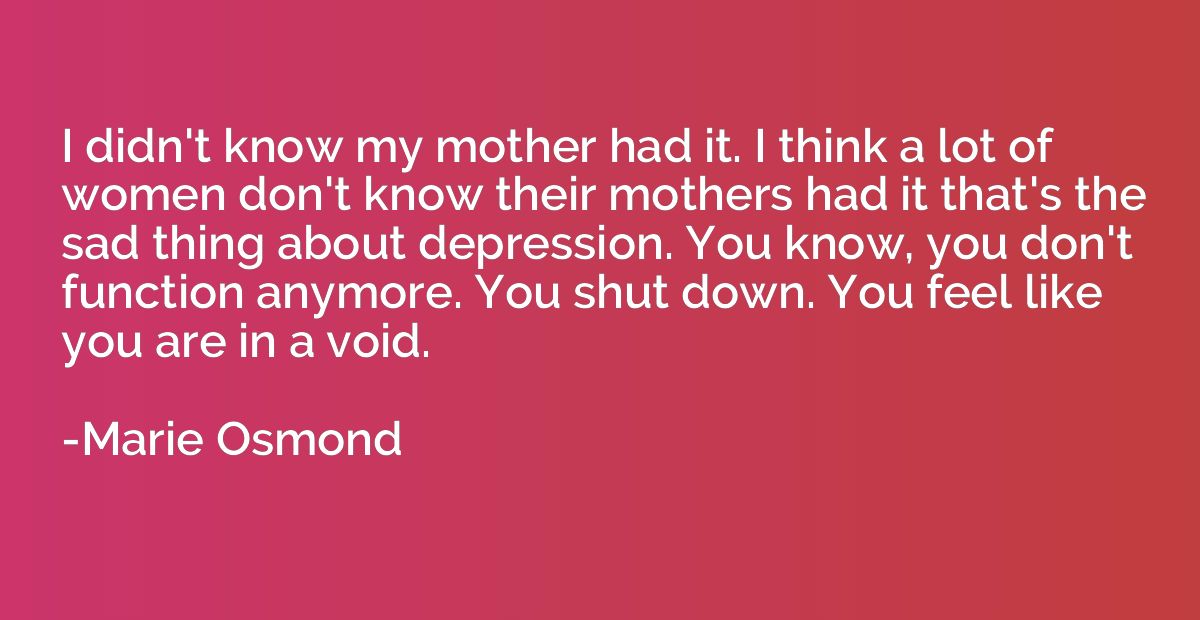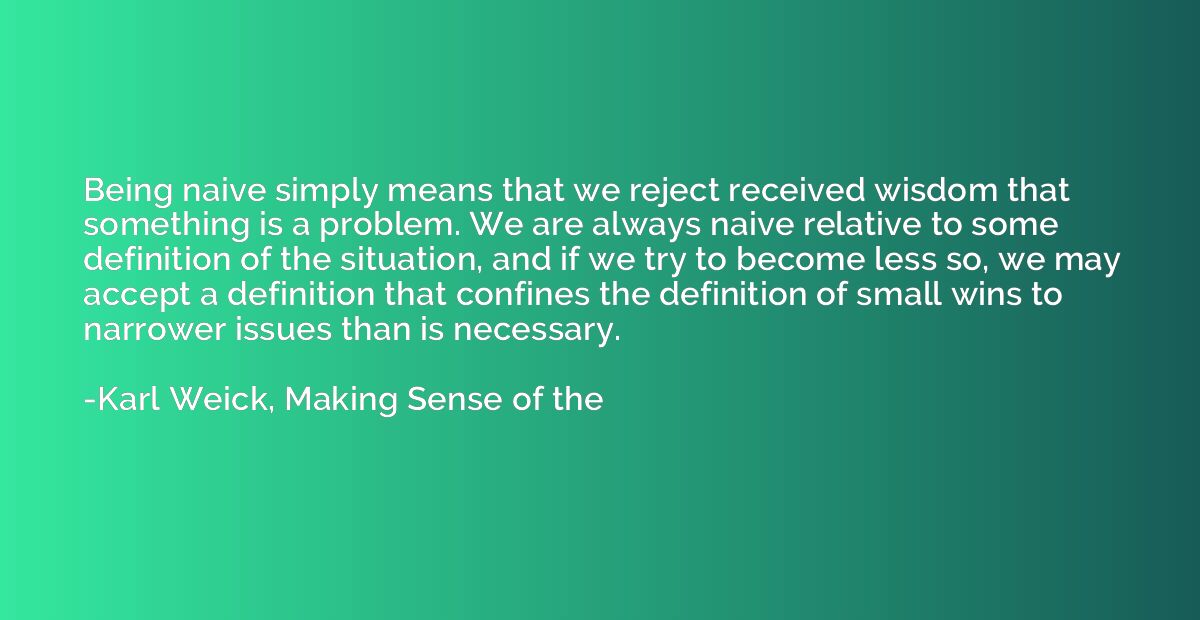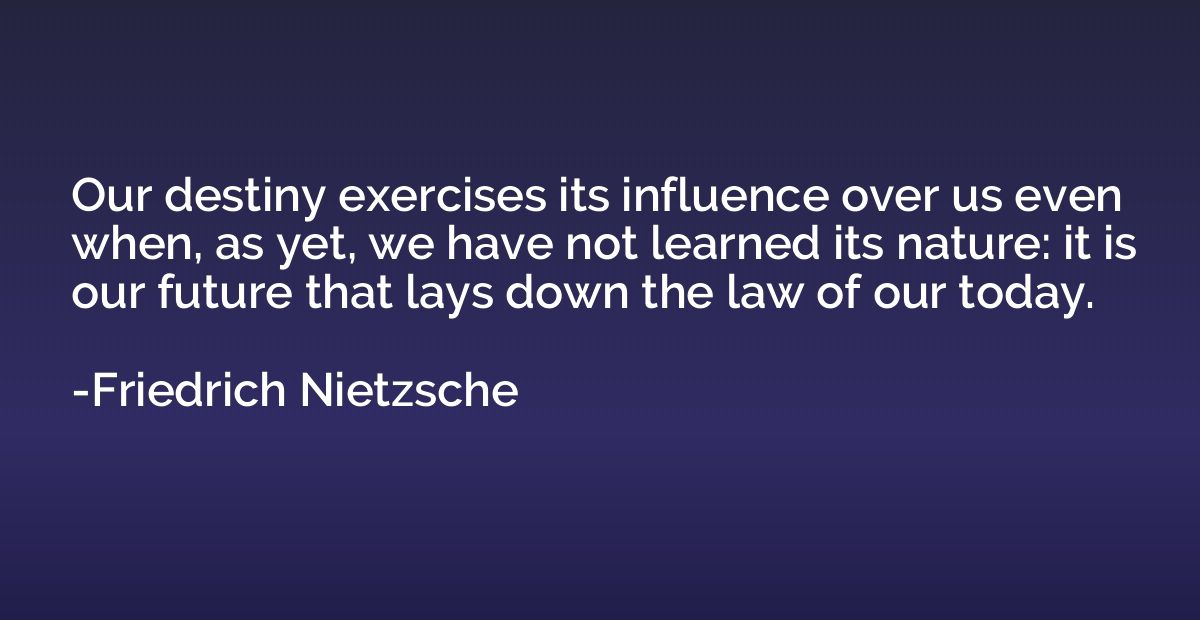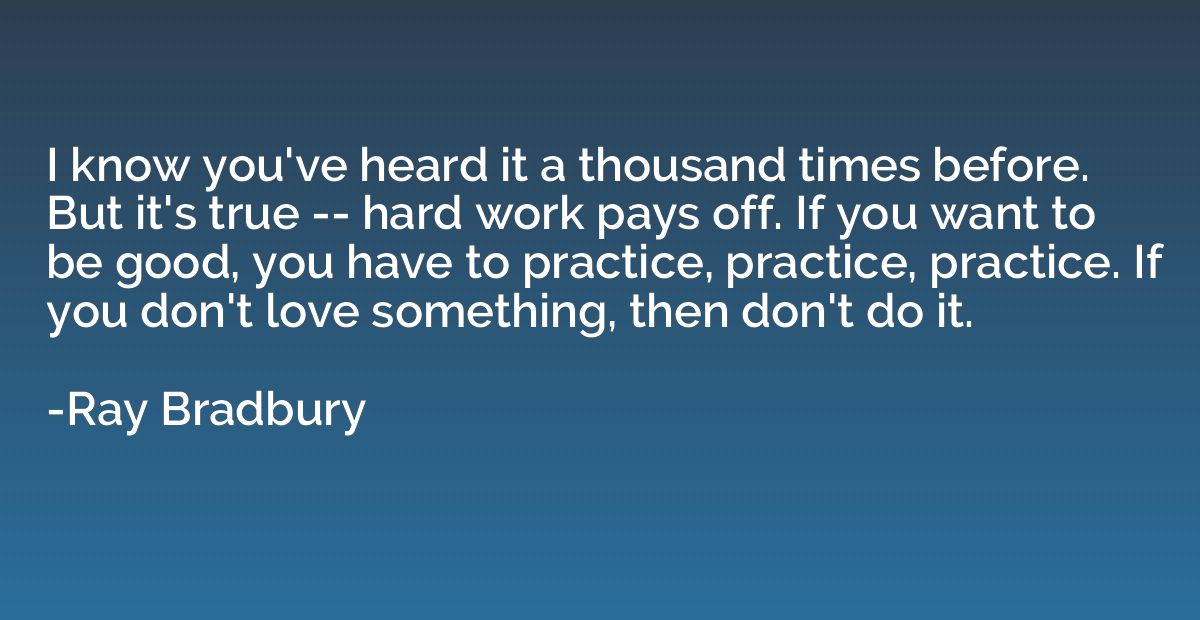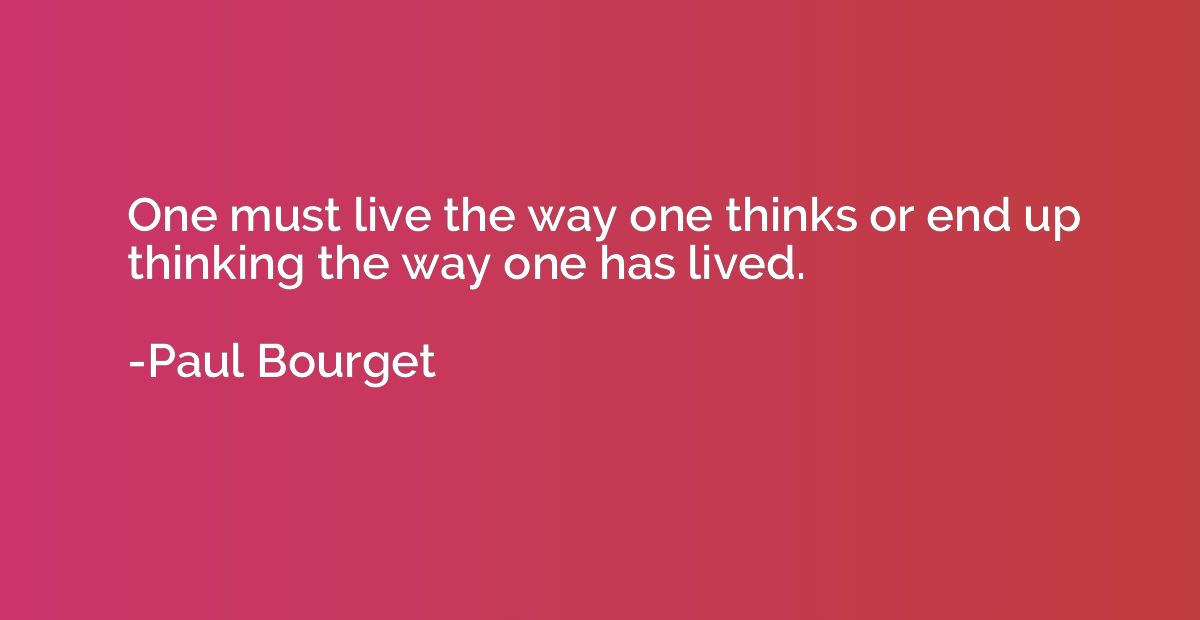Quote by Ralph Waldo Emerson
The fatal trait of the times is the divorce between religion and morality.
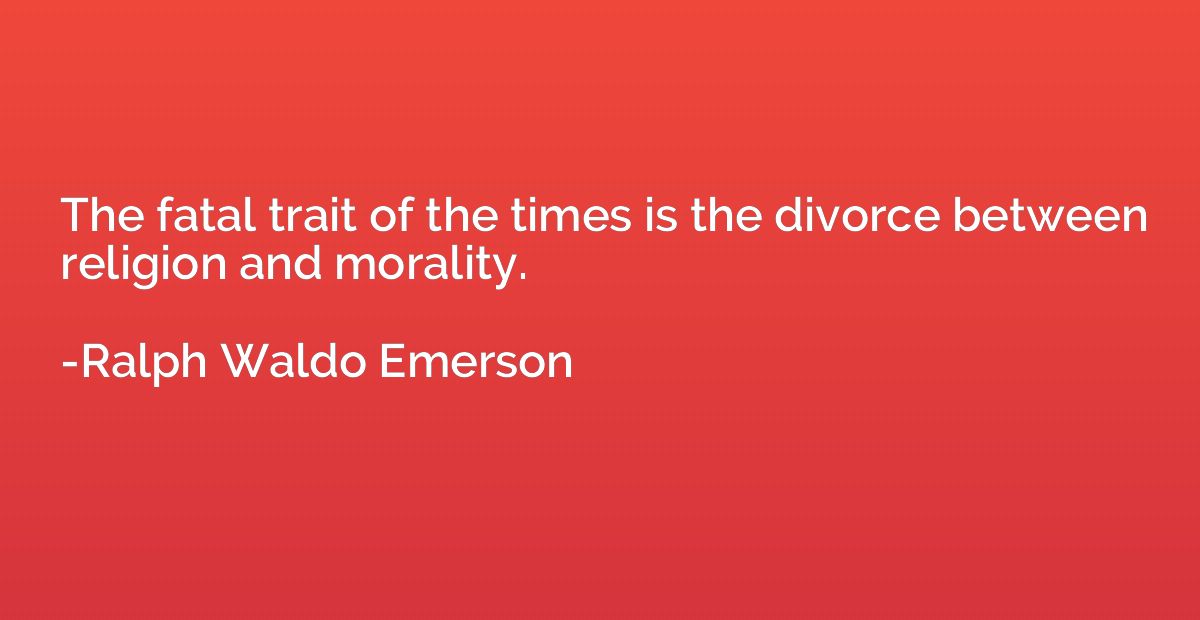
Summary
This quote implies that in contemporary society, there is a significant disconnect between religion and morality, resulting in negative consequences. It suggests that people are no longer guided by religious principles when it comes to determining what is right or wrong. As a result, ethical behavior may be compromised, leading to a rise in immorality and unethical actions. The quote highlights the perceived dangers of this divorcing of religious beliefs and moral values, suggesting that a strong connection between the two is essential for a harmonious and virtuous society.








